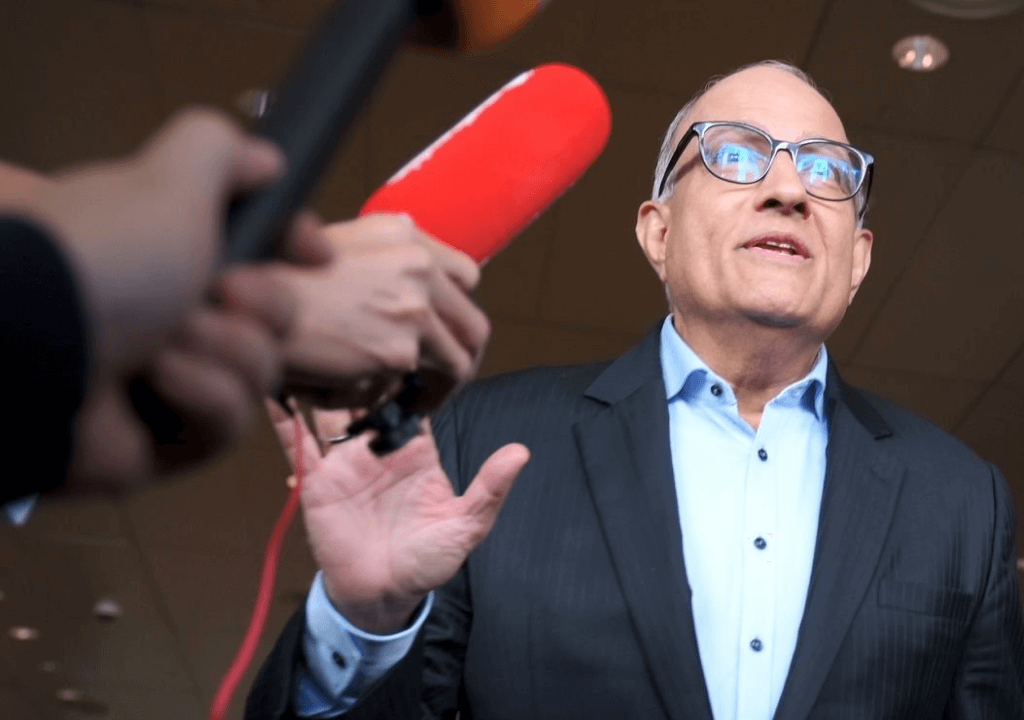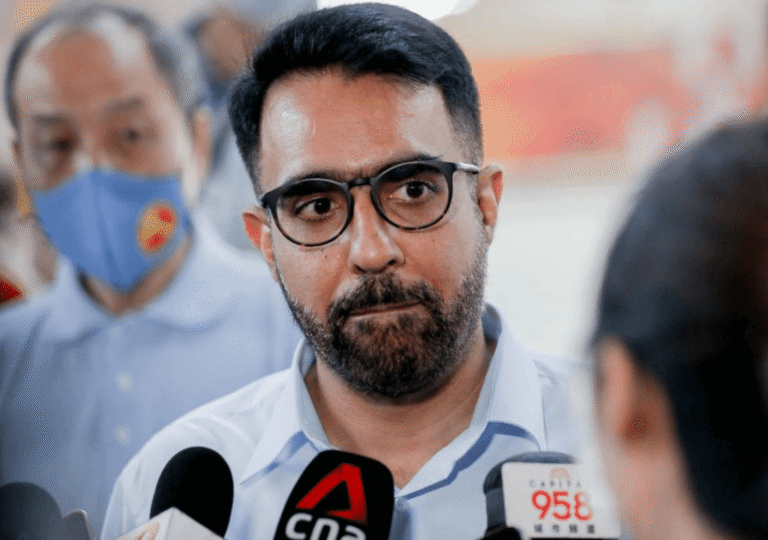Prominent Singaporean politician Subramaniam Iswaran, better known as S. Iswaran, has been sentenced to 12 months in prison following a high-profile trial that attracted international attention in a country known for its stringent anti-corruption stance. Iswaran, 62, admitted to accepting gifts valued at over S$403,000 while in public office and to obstructing justice. The gifts included tickets to the Formula 1 Grand Prix, a private jet ride, a Brompton T-line bicycle, and alcohol. Justice Vincent Hoong, who presided over the High Court proceedings, emphasized that Iswaran’s actions represented a serious abuse of power that eroded public trust in government institutions. The trial and subsequent sentence have ignited widespread debate within Singapore’s political circles and are anticipated to have a significant impact on the upcoming general election.
Iswaran, one of Singapore’s most prominent Indian-origin politicians, is set to report to prison on October 7, marking the first time in nearly 50 years that a political figure in the country has faced trial. A long-serving member of the ruling People’s Action Party (PAP), Iswaran represented the West Coast division of West Coast GRC in Parliament from 2001 to 2024. He also occupied important positions as Minister-in-Charge of Trade Relations from 2018 to 2024 and as Minister for Transport from 2021 to 2024. Initially charged with 35 counts, including two for corruption, one for obstructing justice, and 32 for obtaining valuable items as a public servant, Iswaran ultimately pleaded guilty to lesser charges after the corruption counts were reduced. He will serve his sentence at the notorious Changi Prison.
The Iswaran case has delivered a significant blow to Singapore’s corruption-free reputation and dented the image of the ruling People’s Action Party (PAP). Long celebrated for its clean governance, the nation now finds that Iswaran’s scandal has undermined this perception. Iswaran held several key positions in government, including roles in the prime minister’s office, the Ministry of Home Affairs, communications, and most recently, the Ministry of Transport, casting shadows on the government and the PAP. Despite Singapore’s lawmakers being among the highest-paid in the world—with some ministers earning over S$1 million (US$758,000)—residents continue to struggle with rising living costs. The government justifies these high salaries as a safeguard against corruption, but Iswaran’s case suggests that corruption may persist despite these measures.
The case against Iswaran is part of a series of political scandals that have shaken the ruling People’s Action Party (PAP). In 2023, a separate corruption investigation into the real estate dealings of two other ministers ultimately cleared them of wrongdoing, but the scandal still raised concerns. Around the same time, the speaker of Parliament resigned due to an extramarital affair with another lawmaker. The property scandal, in particular, sparked debate about the privileges enjoyed by ministers in Singapore.
Singapore is mandated to hold a general election by November 2025. While the People’s Action Party (PAP) remains the strongest party and is likely to win, its share of the popular vote has decreased in recent elections, facing challenges from an increasingly influential opposition. The Workers’ Party secured 10 seats in Parliament in the last election but has also been embroiled in controversy, with its leader, Pritam Singh, charged with lying under oath to a parliamentary committee—a charge he denies. The Iswaran case is expected to be a significant topic in the upcoming general election, greatly impacting the PAP’s campaigns.







